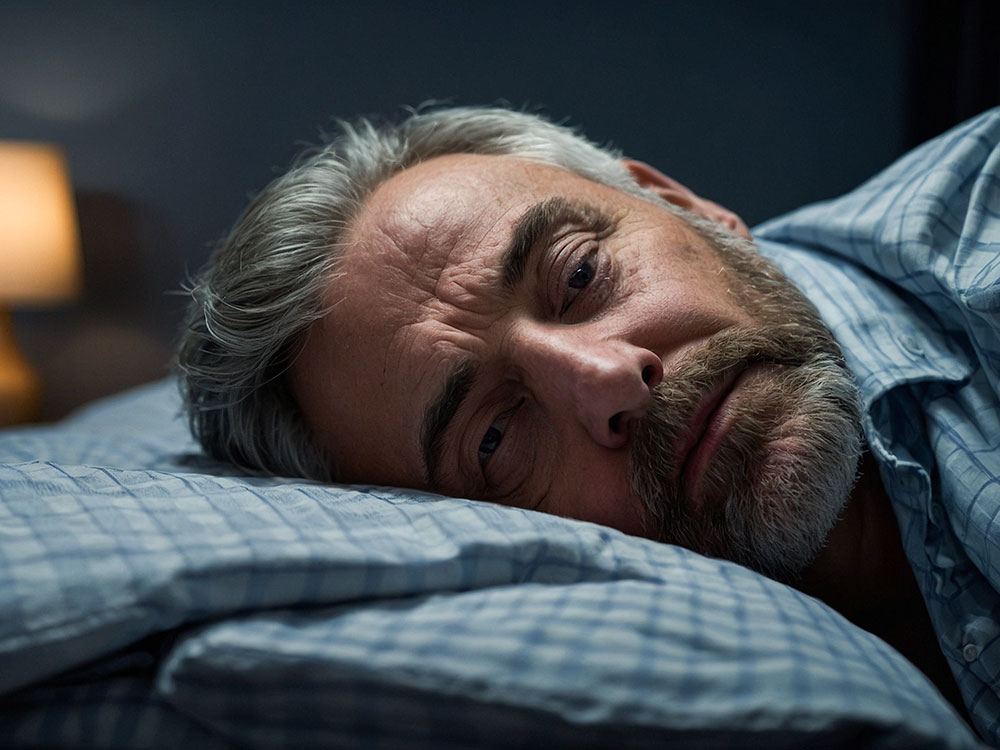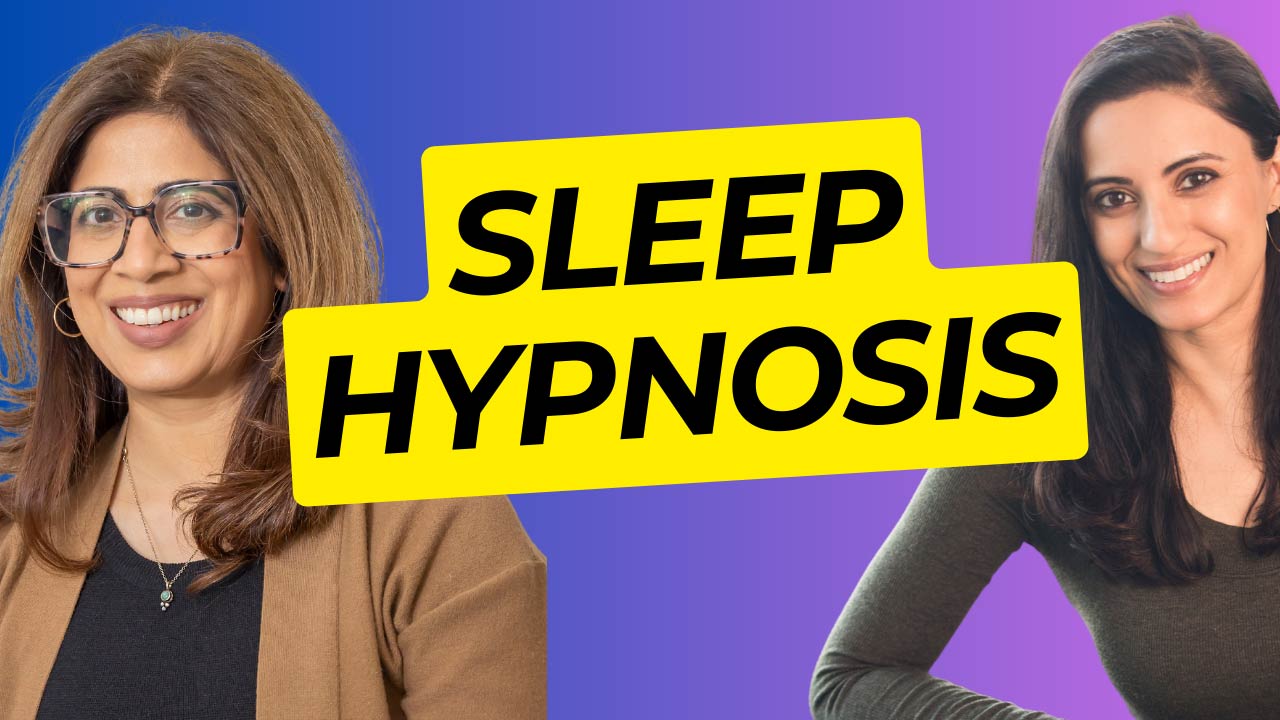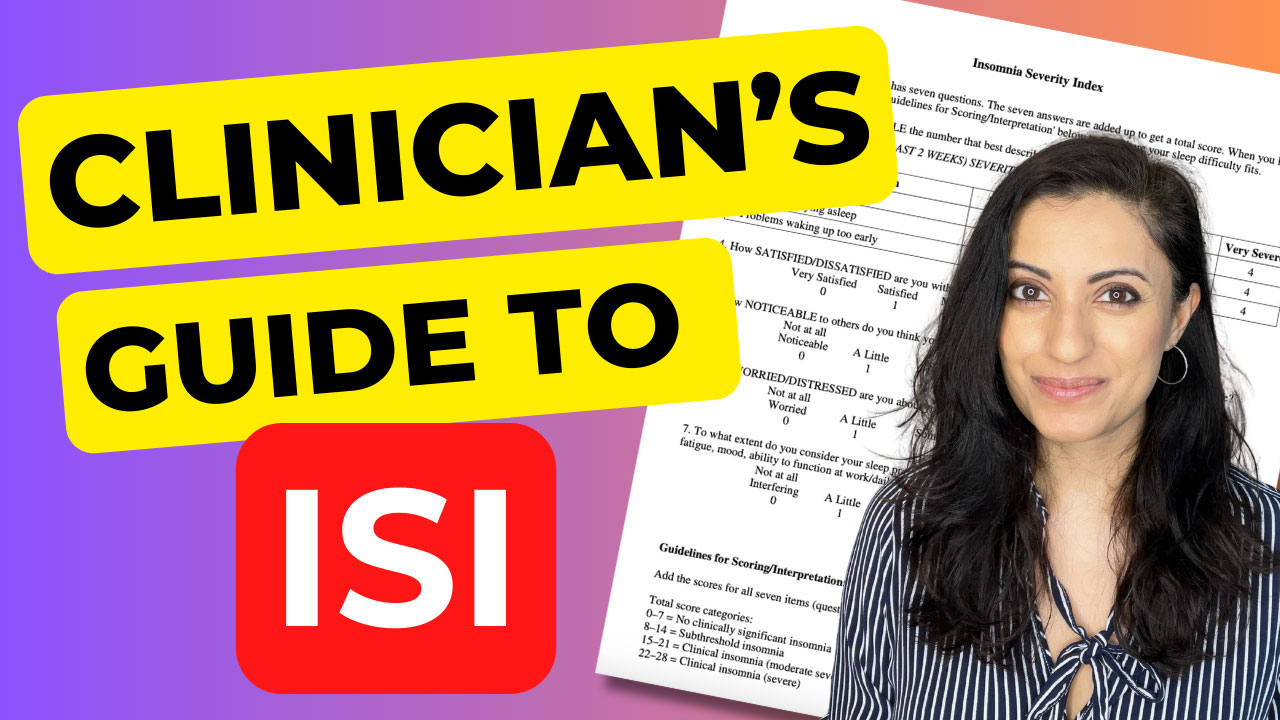One of the most common misconceptions about insomnia is that it’s just a matter of bad sleep hygiene.
But many of your patients with chronic insomnia have better sleep hygiene than anyone you know…and they’re still lying awake.
Here’s why: insomnia isn’t all about bad habits.
It’s more like a phobia.
The brain has learned to fear the very experience of being awake at night.
So people end up cycling through one sleeping pill or supplement after another, or trying gadgets and all the “sleep hacks” they heard about on podcasts, but it doesn’t get any better.
The paradox is that the harder patients try to “fix” it, the worse it gets.
In my new video, I share how I explain sleep anxiety to patients, plus 3 strategies that work far better than piling on more rules about caffeine and blue light.
It’s less than 5 minutes, designed for both clinicians and patients, and part 2 of a short series I’m creating on insomnia.
Feel free to share it directly with anyone in your care who’s caught in the cycle of sleep anxiety.
And if you (or your patients) want to go deeper, I’m teaching a free masterclass on how to quiet racing thoughts and sleep through the night.
It’s a deeper dive with tools you can use right away. You (and your patients) are welcome.



